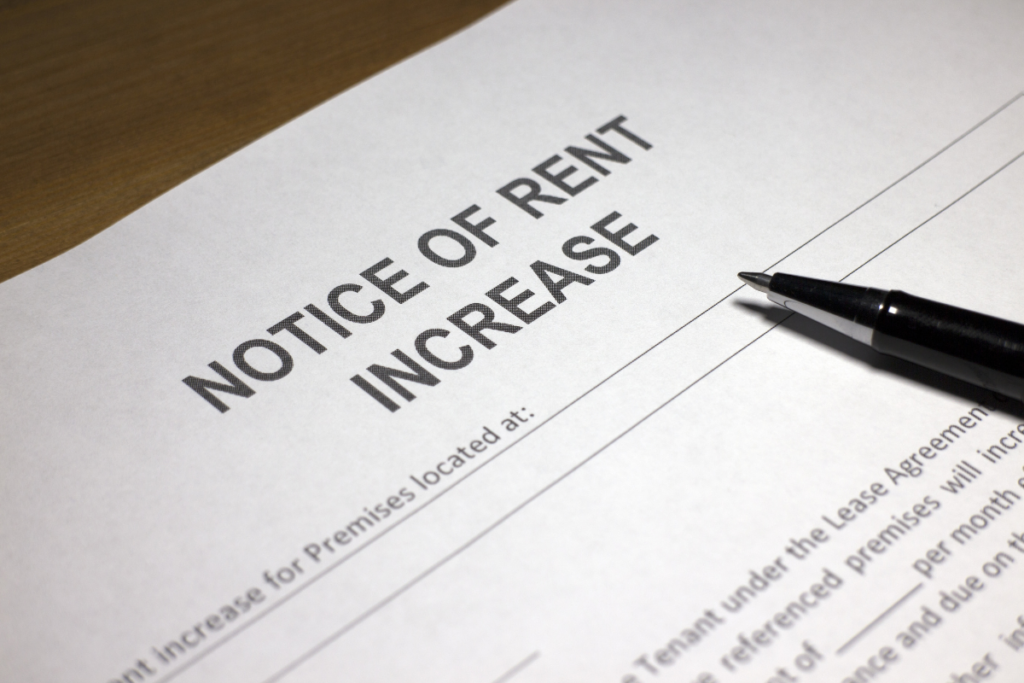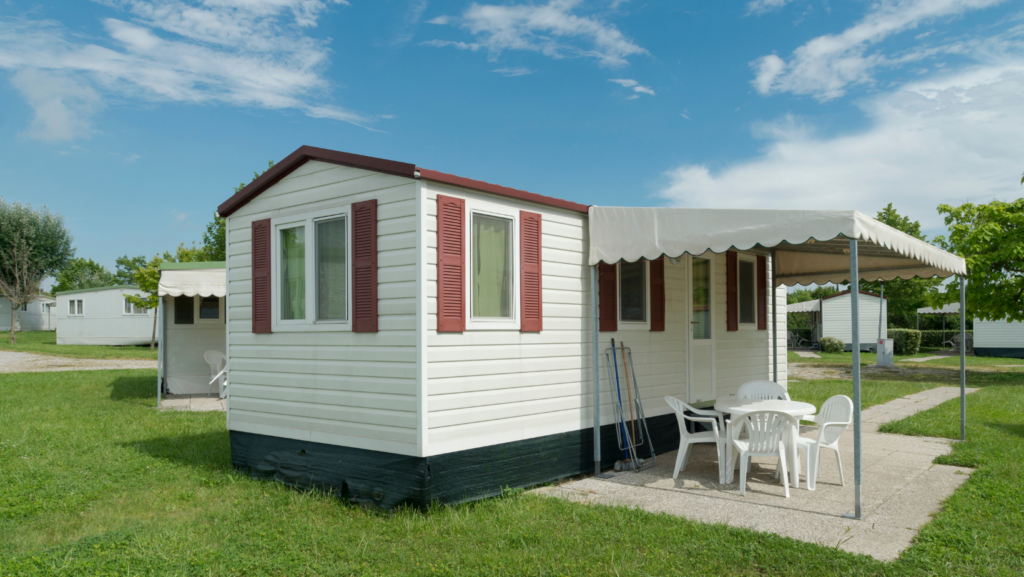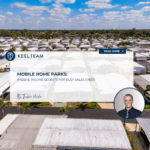How to Manage Mobile Home Park Lot Rent Hikes
In mobile home park investments, one of the most sensitive and pivotal decisions revolves around rent adjustments. It’s a topic that is often shrouded in complexity and controversy. The question at the heart of this matter is not only how to implement rent increases but also how to do so in a manner that is fair, maintains the health of the community, and respects the rights and needs of its residents. At the end of the day, your residents are what makes everything tick.

The Delicate Balance of Mobile Home Park Rent Hikes
The decision to raise rents is influenced by several factors, including market conditions, the cost of maintenance and upgrades, and the overarching goal of ensuring the community remains a viable, thriving place for its residents. However, this decision can’t be made in a vacuum, because it requires careful consideration of the impacts on resident satisfaction, property value, and community stability.
At Keel Team, we believe in working with our residents. Instead of large rent increases, we slowly increase the rent as we improve the community and address deferred maintenance. Check out our Case Studies for more information!
Pros of Modest Rent Increases
1. Sustainability and Improvements
Regular, modest increases in rent are essential for the maintenance and improvement of community infrastructure. These increments help in covering the rising costs of utilities, property maintenance, and enhancements, likely ensuring the community remains a desirable place to live.
2. Market Alignment
Keeping rents aligned with the market ensures the community remains competitive and sustainable. It helps in justifying the value offered to the residents through amenities, services, and the overall quality of living.
4. Long-Term Viability
Gradual rent increases contribute to the long-term financial health of the community, enabling owners to plan for future developments, address unforeseen expenses, and potentially ensure the community’s ongoing viability.
Cons of Significant Rent Hikes
1. Resident Backlash
Large, sudden rent increases can lead to significant resident dissatisfaction, potentially resulting in negative publicity and a tarnished reputation for the community.
2. Risk of Vacancies
Drastic rent hikes may push the cost of living beyond what current and prospective residents can afford, leading to increased vacancies and a destabilized community environment.
3. Legal and Regulatory Challenges
In certain jurisdictions, there may be legal limits on how much and how often rents can be increased, along with a requirement for adequate notice to residents. Ignoring these regulations can lead to legal challenges and further complications.
Download our free eBook on the “Top 20 Things Learned from Mobile Home Park Investing “
By Andrew Keel

A Strategy for Fair Increases
The key to successfully managing rent increases lies in transparency, communication, and empathy. Community owners should:
1. Conduct Market Research
Regularly review market rates to ensure your community’s rents are competitive yet fair. This can be done by calling nearby mobile home parks and asking for this information.
2. Communicate Early and Often
Provide residents with ample notice of rent increases, along with clear explanations of the reasons behind the decision and the potential benefits it will bring.
3. Phase Increases
Consider phasing significant rent hikes over time to ease the financial impact on residents and reduce the risk of backlash. This can be done once a year with a $50 cap to help prevent backlash and vacancies.
4. Enhance Value
Whenever possible, tie rent increases to tangible improvements within the community, such as upgraded amenities or enhanced services, as it often reinforces the value being offered.
5. Seek Feedback
Engage with residents to understand their concerns and perceptions regarding rent adjustments. This dialogue can foster a sense of community and partnership in maintaining the quality and desirability of the community.
Conclusion to Managing Mobile Home Park Rent Hikes
Navigating rent increases in mobile home park investments is a complex but necessary task. By approaching this issue with a balanced strategy that considers the needs and well-being of residents alongside the financial health of the community, owners can potentially foster a positive, sustainable living environment. Ultimately, the goal is to achieve a win-win situation where the community thrives and residents feel valued and satisfied with their living conditions.
Welcome to Keel Team Mobile Home Park Investments, where our mission is two-fold: to elevate communities and to potentially maximize investor returns. Our focus is on enhancing the quality of life for residents while potentially securing strong profits for our partners. We invite you to connect with us through the contact information provided below to delve into our investment approach and strategy in greater detail. Let’s work together to build thriving communities and successful investments.
Learn more about mobile home park investing.
Interested in learning more about mobile home park investing? Get in touch with us today to find out more.
Disclaimer:
The information provided is for informational purposes only and should not be considered investment advice, nor a guarantee of any kind. There are no guarantees of profitability, and all investment decisions should be made based on individual research and consultation with registered financial and legal professionals. We are not registered financial or legal professionals and do not provide personalized investment recommendations.
View The Previous or Next Post
Subscribe Below 👇






